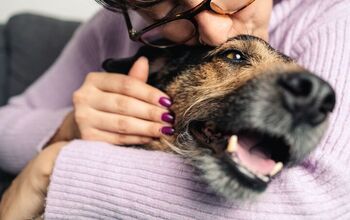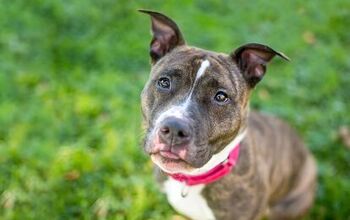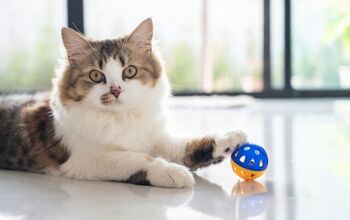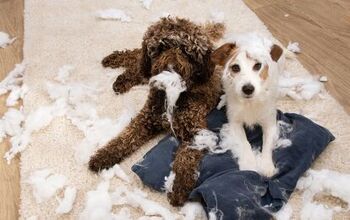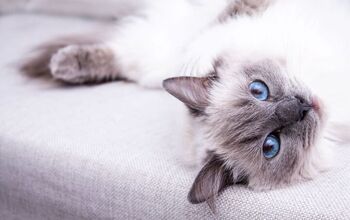Maryland Dogs Are New Weapons To Help Save The Bees

Cybil Preston is the chief apiary inspector for the Maryland Department of Agriculture. Honeybees are an important part of a food industry workforce many never see–pollinating almost a third of the country’s food crops. Preston is in charge of a team that works to ensure the safety of honeybees to do their work, as they are such a pivotal part of the food chain.
On a routine survey of colonies near Baltimore, Maryland, she found a worker bee that had a misshapen wing. It’s in those situations she advises beekeepers of how to best protect their hives, as beekeepers lease out their colonies to work in all parts of the country.
Part of Preston’s job is to make sure that each hive that crosses state lines is free of foulbrood–a bacteria that is harmless to humans but can easily and quickly destroy the bee population as it spreads from hive to hive.
And that’s how man’s best friend is also a friend to the bees as well. Four years ago, Preston trained a dog to help her find the bacteria in hives, and it’s been so successful that she recently was granted money through the federal farm bill to expand her doggy detection program. In fact, it may very likely be the model that other states use for similar training and certification.
Related: A New Generation of Bomb-Sniffing Dogs Picked Based on Brain Scans
Dogs are wonderful for the job because unlike their human colleagues; they don’t have to open a hive to check for foulbrood. She says a dog can easily and quickly walk by the comb, sniffing it and then telling their human if any larvae were killed by the bacteria. Preston says that one dog can do twice the work that four people working full time can do. Additionally, their ability to continue the work in the fall and winter allows Preston to certify hives to ship to warmer climates, where otherwise, that may not be so easy.
Preston uses toys that have been sealed in bags with foulbrood when she’s training dogs, and there are various breeds that she’s worked with who have done a stellar job. She says that seeing the dogs get excited when they sense the foulbrood is great for the bees, and allow them to learn to smell tiny traces of the bacteria and then communicate to Preston.
Related: England’s First Water-Sniffing Dog Helps Find Leaky Pipes
Marla Spivak is a professor in the entomology department at the University of Minnesota and says that the work Preston does is important as honeybee populations are dwindling at terrifying rates. Particularly because of the evolution of so many backyard breeders, there is concern that hives may be destroyed because of foulbrood and then that can spread to professional colonies. Preston’s work, and the work of the dogs in turn, is vital to their survival. Dr. Spivak says that foulbrood spores can stay in combs for a hundred years, and the drastic solution is to burn the comb. She says dogs are great alternatives because they can sniff it out at low levels, and can save hives.
And since food is vital to humans, they are helping save lives too.

More by Lori Ennis






